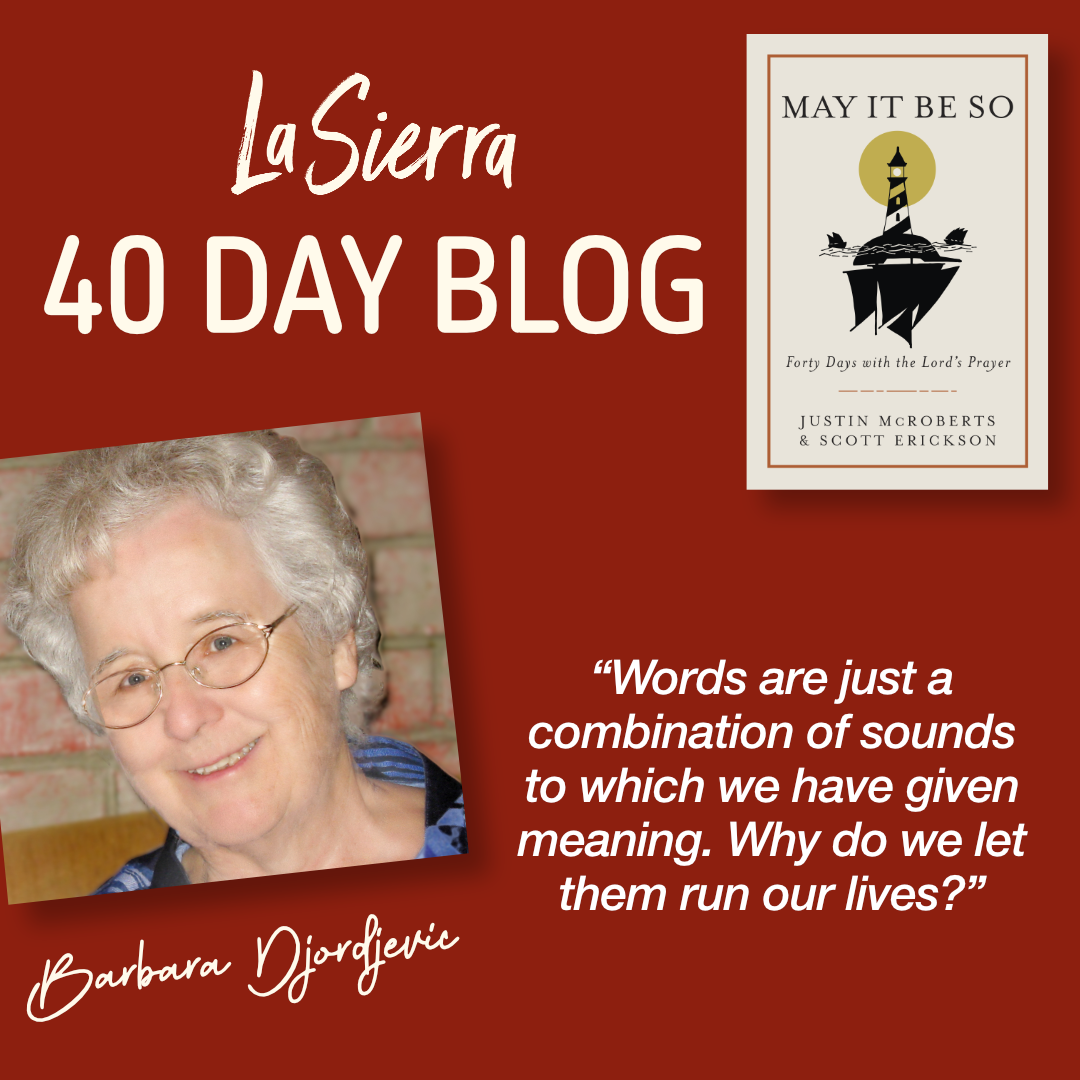We were visiting my husband’s family in Croatia. Whenever I could I would use their words when speaking to them. I wanted some bread so I turned to my nephew and asked, “May I have some hleba, molimo?” [May I have some bread, please?] His quick response startled me. “We don’t say hleba in Croatia. We say kruh.” His tone suggested that I had made a grave mistake. I should know that Croatian was spoken in his country. Not Serbian. Never mind the fact that before the breakup of Yugoslavia into separate countries the language was called Serbo-Croatian. Nationalistic pride demanded a separate name for bread.
Another example was encountered by my husband, the linguist in the family, who responded to a request for a Bosnian language translator. When the lady found he was Serbian she would not hire him. Imagine needing a translator and you live in California. Someone from Boston was available but you won’t use them because they don’t speak California English.
We attach such power to a combination of symbols arranged into words that assume assigned meanings. Those meanings come from the culture in which we live. When you write l, o, v, and e you have constructed a one syllable word to which is given a complex set of meanings. Add ly and you have love-ly, two syllables with even more complexity. Justin McRoberts, suggests in the prayer for today, that there are human lives between those two syllables.
I could stop here, because there is so much to ponder. But let’s go on. Sigmund Freud said, “Words have a magical power. They can either bring the greatest happiness or the deepest despair.”
A case study may help clarify the power of single words. Since independence from the Belgians, the Rwanda population was required to carry identification cards that specified ethnicity. The two main groups were Hutus and Tutsis. Intermarriage was common as it is in Serbia and Croatia. That did not mater. You were labeled as one or the other. These cards became death sentences for many. The majority Hutus started a propaganda campaign against the genetically taller Tutsis. Over the years antipathy toward the Tutsis festered and grew. It was fuelled by a private radio station with a large following. Tutsis were labeled as vermin, cockroaches, and snakes. Generations of hate-mongering exploded when Hutus were encouraged to “cut down the tall trees.” The terrible horror that is possible when a group is dehumanized resulted in 100 days of bloody massacres in a largely Christian country.
Letters put together into words that took on sinister meanings dehumanized millions of Tutsis and moderate Hutus who paid for it with their lives. Incidentally, there was very little upheaval in the small Muslim minority who were willing to shelter both Hutus and Tutsis. Sadly, the same cannot be said of Seventh-day Adventists.
That was far away from us. I don’t do such terrible things with words. Or do I? Is it too easy to label others based on my assumptions of what defines them so I don’t have to take the time to listen and share in the others’ joys and pains? Have laziness and self-centered concerns blinded me to the human beings around me? Have I dehumanized the other out of a sense of personal hubris? Are there labels that I am tempted to use? Lazy, arrogant, believer, denier, supremacist, backslider, nosy, conservative, liberal, selfish, greedy, narcissistic—I could go on. I think you get the idea.
Of course there are positive labels as well. Do I use them as often? These labels can get set in concrete, not only the ones we attach to others but the ones we use to define ourselves. Curiosity about the other can be dulled by our assumptions. We move on, forming more labels and further alienating ourselves from our brothers and sisters. May I add, we become more alienated from ourselves as well?
Words are just a combination of sounds to which we have given meaning. Why do we let them run our lives? I pray, “May I learn to honor the personal and cultural history behind the words I use, knowing there are human lives between syllables.”
What human lives come to mind when you think of love-ly?
Barbara Howe Djordjevic, born in Rwanda and raised in California, continues to treasure the insights she gains from her walk with God and the support of her La Sierra Church community.
These reflections stand alone, but if you want to enjoy the prayers from May It Be So that they’re based on, please click here to request a copy of the book.

